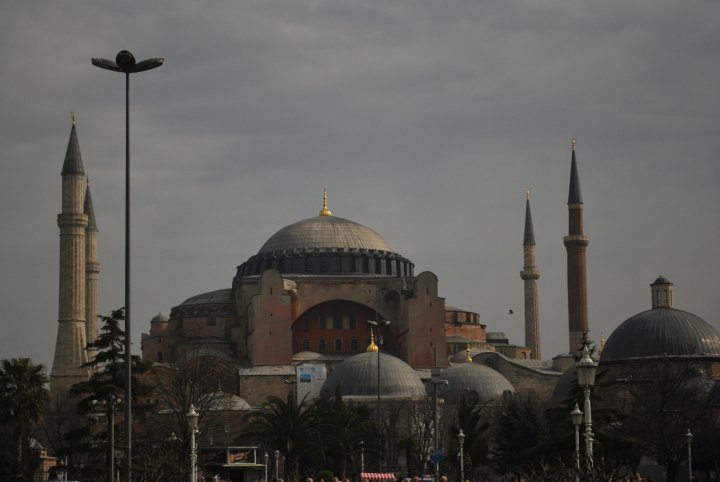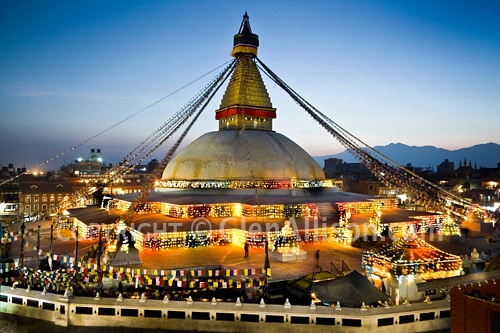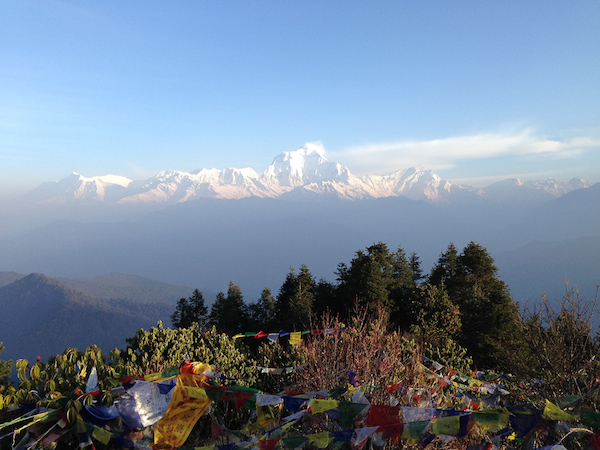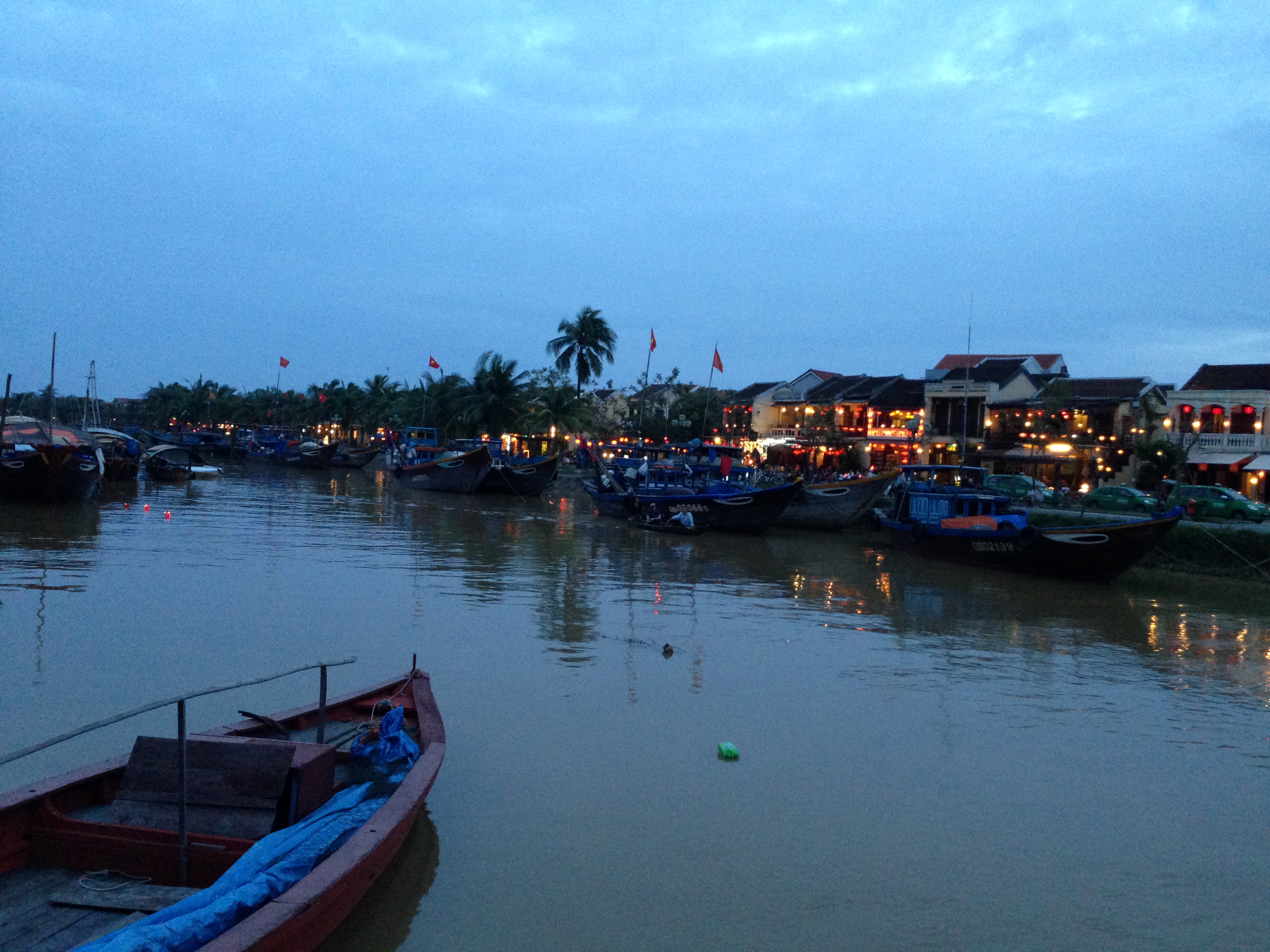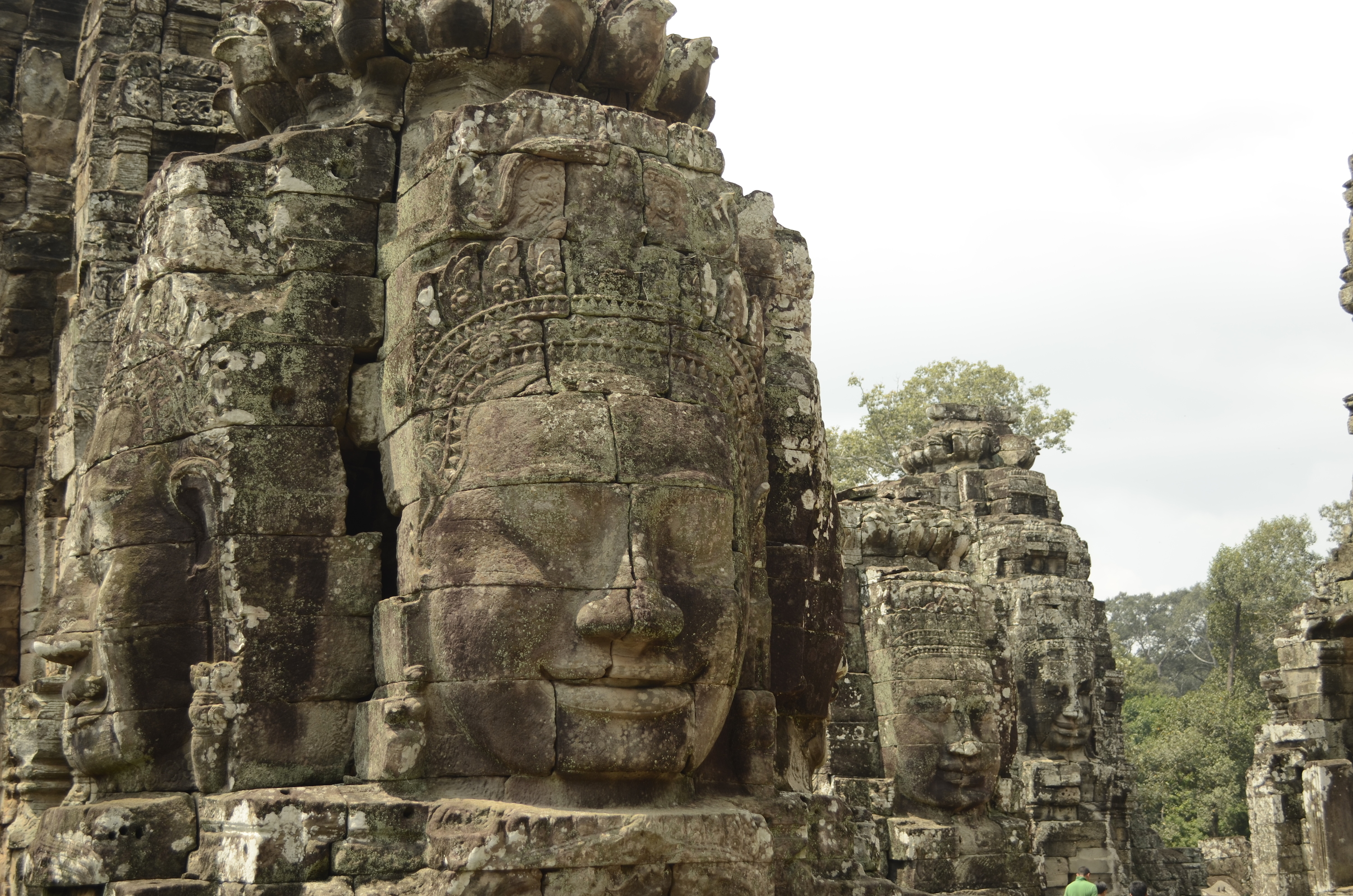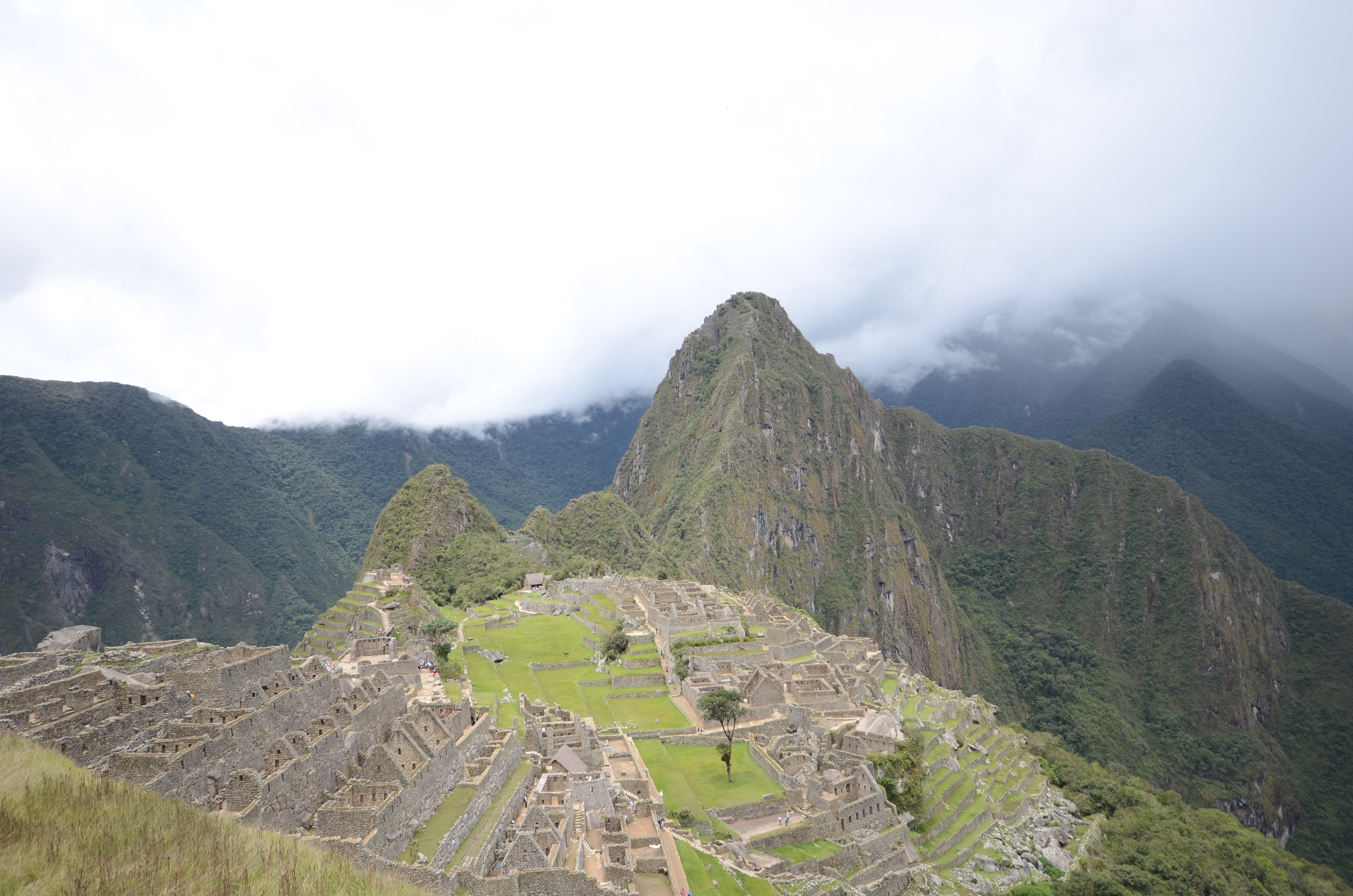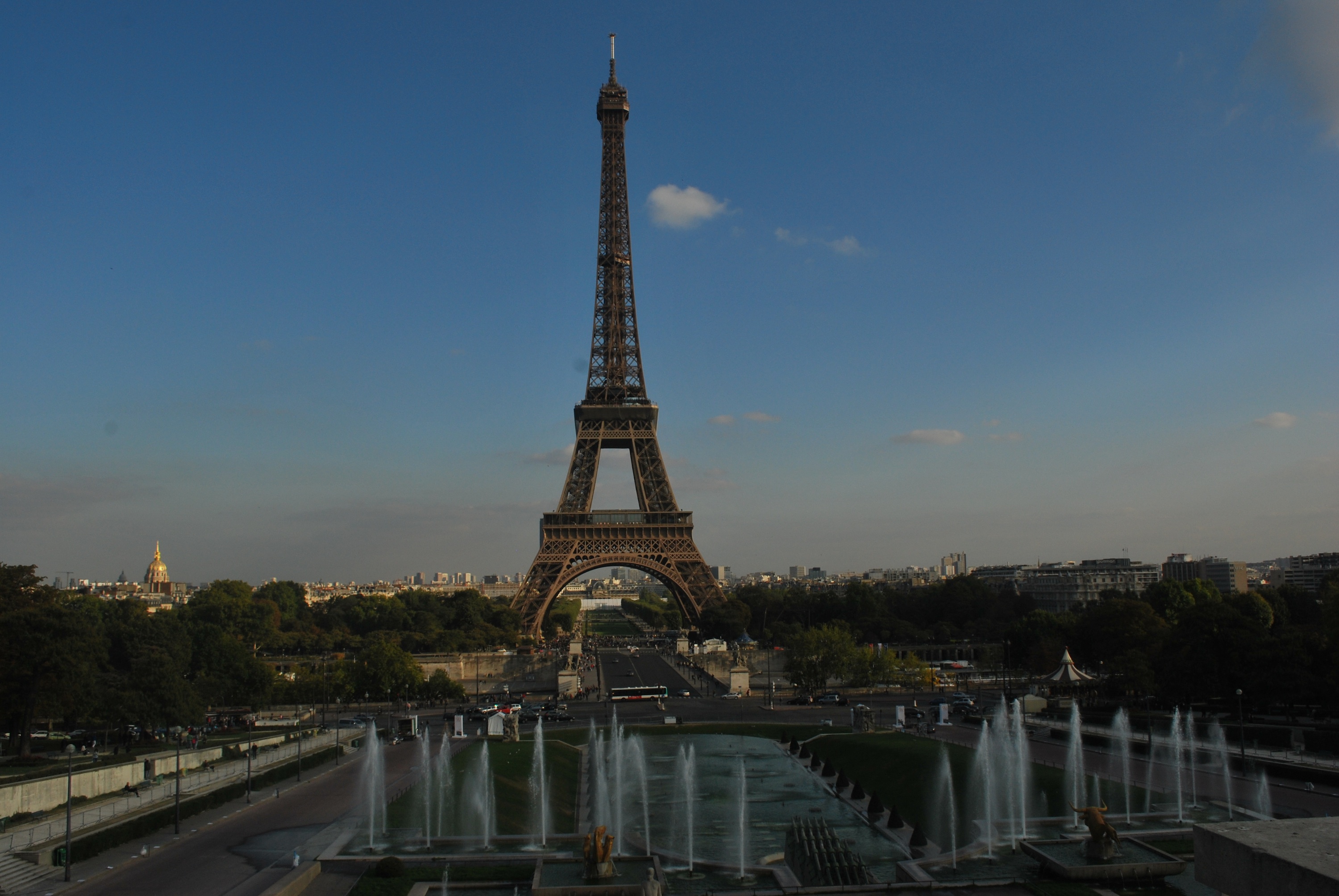Trip to Turkey : March-April 2010
Our decision to visit Turkey was based on what we had heard (about its history, culture and the geography) and we were more than surprised about the wonderful experience we had there.
Turkey is a transcontinental Eurasian country. Asian Turkey (made up largely of Anatolia), which includes 97% of the country, is separated from European Turkey by the Bosphorus, the Sea of Marmara, and the Dardanelles (which together form a water link between the Black Sea and the Mediterranean Sea). European Turkey (eastern Thrace or Rumelia in the Balkan peninsula) comprises 3% of the country.
Historically, this was the center of powerful empires – Hittites, Byzantine, Roman and more recent Ottoman Empire till it became a democratic republic in 1923. Some sites date back to 3000 BC and even before, for early inhabitants esp. at Underground city in Kaymakli, Cappadocia.
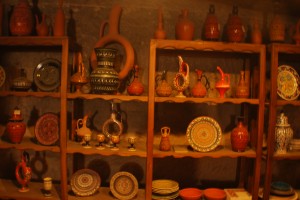
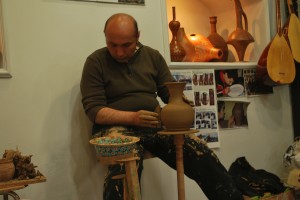
Pottery, an ancient art founded by the Hittites
The legendary city of Troy where the Trojan wars were fought is also in Turkey.
Geographically, the location is strategic. In olden days, this was the final destination of the Silk route. Using this advantage, the respective empires have thrived controlling the land and sea trade routes.
Culturally, one of the richest countries in the world. There is a great infusion of eastern and western cultures. Originally, Turks came from Central Asia (near Mongolia) and then mixed with the Greeks and the Anatolians.
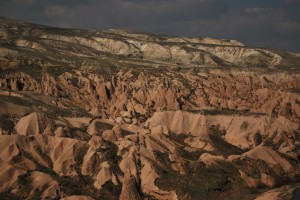
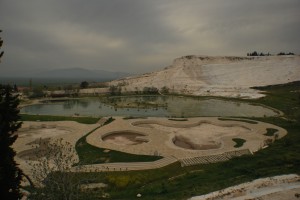
Surreal landscape in Cappadocia and Travertines in Pamukkale
The people
The Turks are friendly, helpful and forward looking. Whoever we met made it a point that Turkey was a secular state and not a typical conservative Islamic country. One could sense their hands off attitude to the Islamic fundamentalism across the world, and their eagerness to be part of Europe culture/union. As we visited various mosques/religious and met people, the experience did help us understand Islam and Christianity (as well) better.
While the history of the region is so well documented, it is often accompanied by myths and old wives’ tales. e.g. How the Bosphorus river was formed? According to some Turks (read our guide during Bosphorus), the river was formed as a result of the great flood some 7000 years back (of Noah’s ark fame) further pushing water and forming a huge water reservoir in the form of Black Sea.
There are incidences of cheating esp. during cab rides and shopping, but overall people are honest. Turks are sensitive to certain issues around Armenia, Kurds and Cyprus. These are best avoided during a conversation.
The cuisine
Coming from India, the land of spices, one would definitely appreciate the food here. The food is NOT bland, the meats, esp. the kebabs are delicious and esp. when it goes with the local wines or their local spirit “Raki”.
Similarities with India
Because of the trade, and the fact that there was movement of people in earlier days, there is a lot of similarities in the the language as well apart from the mouth watering cuisine.
At the start of the trip, I tweeted asking for words common to Hindi/Urdu and Turkish. And I was flooded with replies. Here goes Ashq or Ishq (in Urdu ) – love, al-vida (farewell), tamam (finished), hamam (bath), sabun (soap), bahar (spring), atish (fire) and more…
There were “other unrelated” replies as well – naber bebek ( What’s up baby?), Bogeju chok gyuzelsin bebek (you look lovely this morning).
Well, there’s more as we discovered when we spent time in Istanbul, Cappadocia, Ephesus and Pamukkale….more about them in subsequent posts.
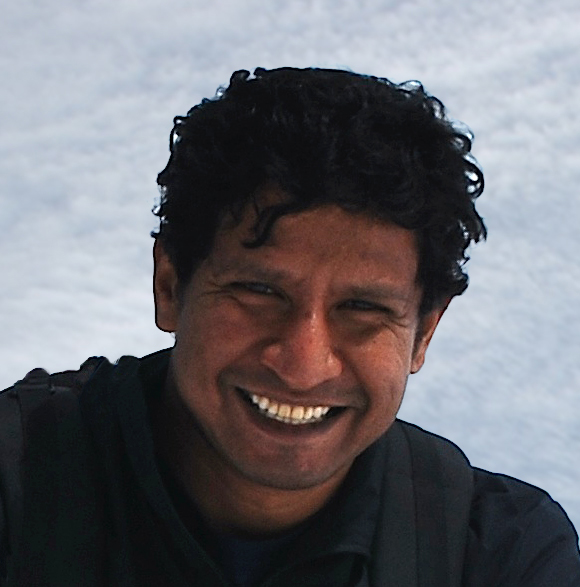
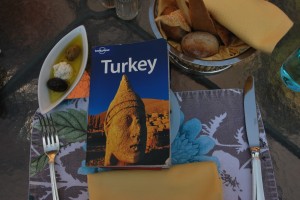
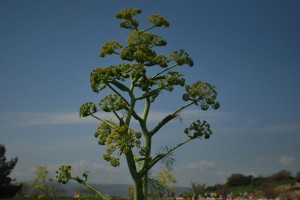
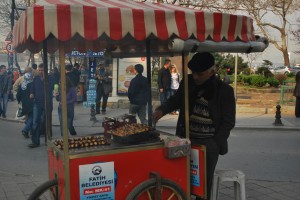
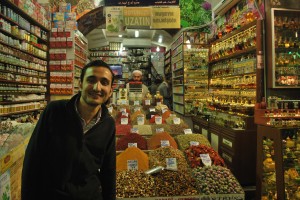
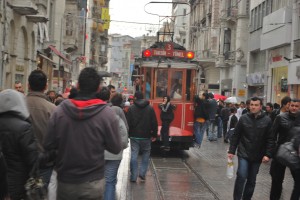
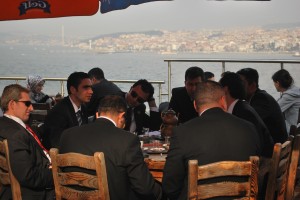
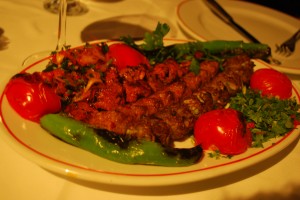
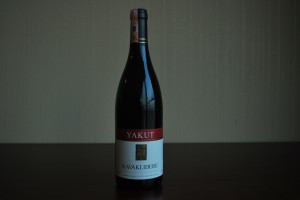
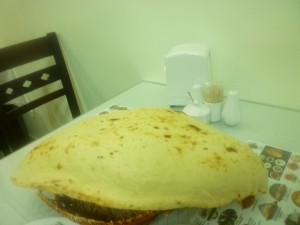
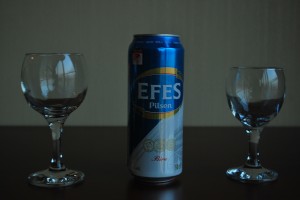
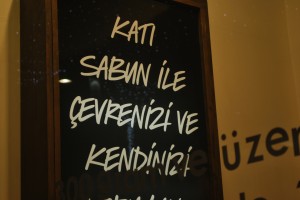
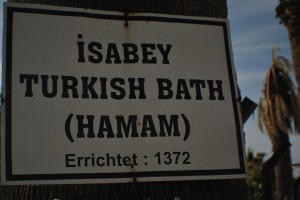
 Follow
Follow
